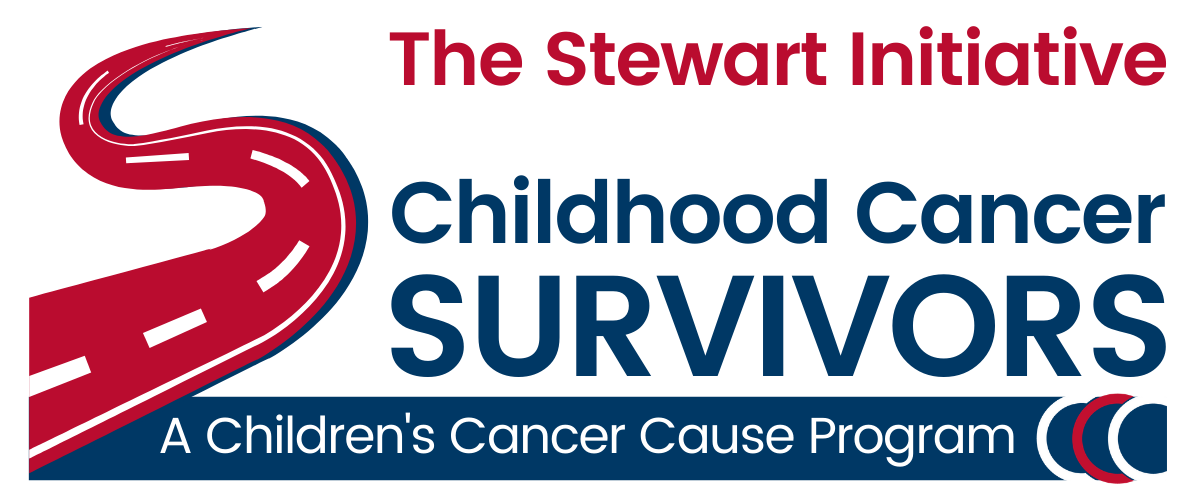30% of survivors told us in a recent survey that the cost of their ongoing care impacted their career course or job choice.
For others, physical or cognitive disabilities pose workplace challenges.
Vocational Support
It is not uncommon for childhood cancer survivors to struggle with long-term cognitive effects that might impact job performance, such as memory problems or difficulty concentrating. Fortunately, there are resources that can help.
Vocational rehab programs are offered in all 50 states, for individuals with a documented disability. These services can help with resume development, workplace training, job searches, and more. To apply, contact your state’s Vocational Rehab agency.
Setting Professional Boundaries
Knowing your limits, your stress triggers, and how to say ‘no’ are important but often challenging workplace skills. In the long run, you’ll be a better employee - and a healthier survivor - when you’ve successfully navigated your professional boundaries. Learn more about boundary setting from Cancer+Careers.
New Health Problems?
Many survivors don’t worry about their past cancer history until new health problems suddenly crop up. In these cases, you likely didn’t disclose your cancer history in your workplace — it wasn’t relevant. But if late effects like cardiac problems or chronic pain are suddenly causing you problems getting through the workday or causing you to miss time for extra medical appointments, it might be time to sit down with your manager. Cancer+Careers offers some great how-to guides about disclosure: who to tell, how to tell, when to tell, and more.
“With all the mental and physical disabilities racking up, a full-time job on my feet was exhausting.”
One Survivor’s Experience:
Rachel is a long-term survivor diagnosed with Anaplastic Astrocytoma of the 4th ventricle of the brain stem in 1993. She has a graduate degree, but she's had difficulty finding a steady job in her field. "I was never given any explanation as to why I wasn’t chosen, but I suspect that ableism and the assumption that these positions would be 'too fast paced' for me had something to do with the rejections. Even in the 'best of times' (if any of my adult years can be thought of as such) I was being rejected for permanent positions and given no explanation as to why."
Rachel's trying so hard to overcome the challenges posed by her treatment-induced late effects and to navigate adulthood independently, but - like so many survivors we hear from - she's frustrated. Can she achieve full independence without needing to fall back on her parents' help? Are her disabilities "severe enough" for disability benefits? Should she keep trying to work jobs that she hates and that make her physical and mental health worse?
Rachel is a member of our Survivorship Advisory Council and hopes that her advocacy can help find policy solutions that give adult survivors of childhood cancer an easier path to disability benefits. We're grateful for her bravery in sharing her story and her challenges. Read more about Rachel’s employment challenges in this guest blog post.


